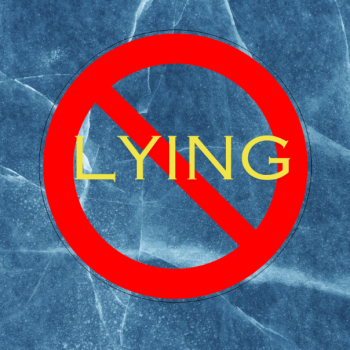In the burgeoning field of American history and Civil Religion, a potential place of growth and greater exploration is the interaction of sport and the state. Already, scholars are beginning to address this idea. Works such as The Holy Trinity of American Sports by Craig Forney have begun to explore this concept.[1] What I’d like to do to in this short piece is examine the intersection of race, sports, and civil religion in the context of several well-remembered sporting moments in American history.
The 1930s provide several moments that are fertile ground for an examination of civil religion, sports, and race. The victory of Jesse Owens at the 1936 Berlin Olympics, during which Adolf Hitler referred to African American members of the U.S. Olympic Team as “America’s African Legion”, has come to be seen as a watershed moment in American sports history, and the history of American race relations. However, this interpretation, while inspiring and certainly contributing to the story of American actions, both real and symbolic, in fighting Nazism before World War II, may miss the complexity of racial dialogue before the Civil Rights era. An article in American Journalism from 2011, “Jesse Who? Race, the Southern Press, and the 1936 Olympic Games”, for example, shows that newspapers in the United States reported on the Owens victory in profoundly different ways.[2] While today many Americans take pride in the Owens victory, Southern newspapers in 1936 took a far different view of events. Despite Owens and other African Americans representing the United States, some Southern newspapers, driven by the racist attitudes of the day, downplayed or ignored Owens’ contributions to American glory in the athletic arena. Even photos of African American athletes are, according to Drake’s study and building off the work of Paul Martin Lester, difficult to find in Southern newspapers.[3] Deep South newspapers only gave slight coverage to the Owens victories, and included little to no photographic evidence of Owens even being on the team.
Read the rest here















